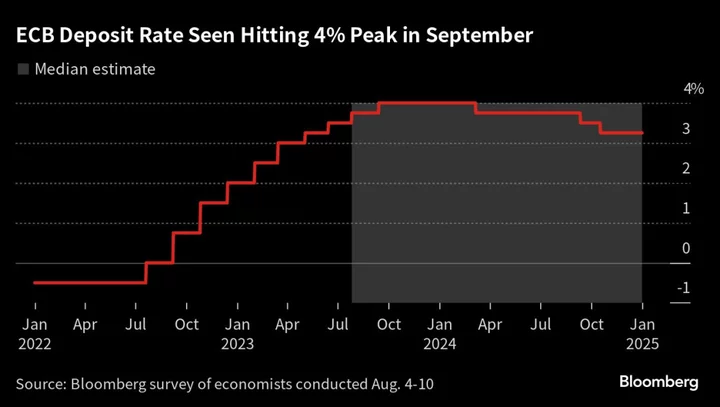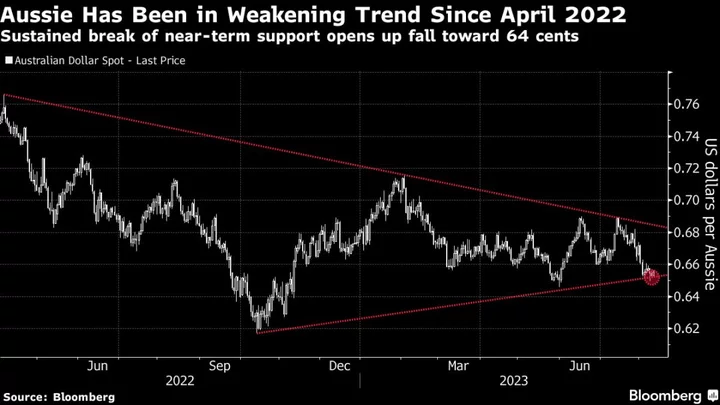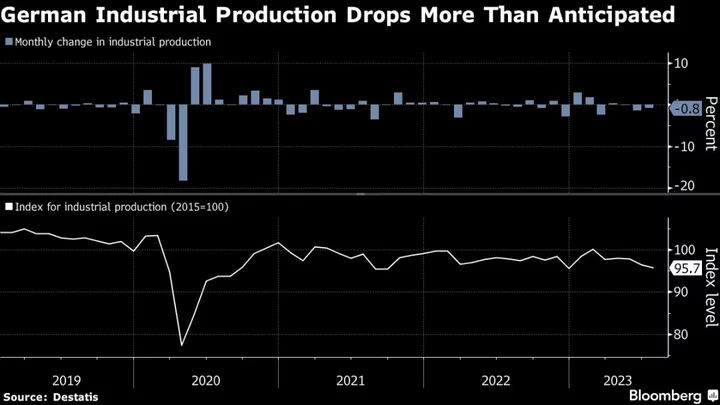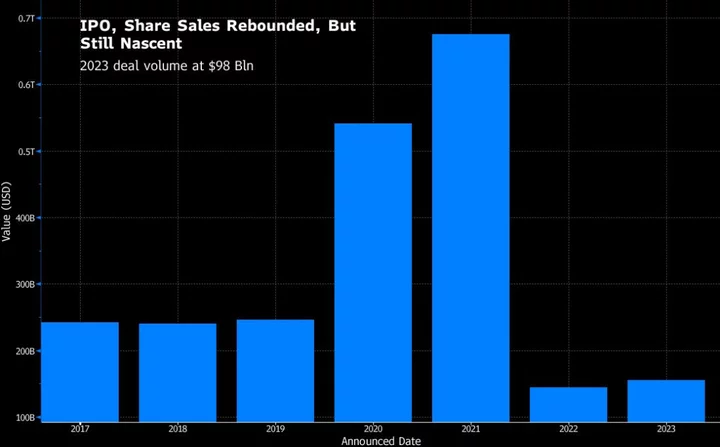HSBC Holdings Plc has added its name to the list of banks looking to expand into a fast-growing corner of an ESG debt market that’s so far been dominated by Credit Suisse Group AG.
London-based HSBC is in active talks with partners to structure new so-called debt-for-nature swaps in countries in which it already has a presence, Farnam Bidgoli, the bank’s managing director and global head of ESG solutions, told Bloomberg.
For countries that don’t have direct access to bond or loan markets, “debt-for-nature swaps can be an attractive way of freeing up capital” by reducing debt burdens in exchange for environmental commitments, Bidgoli said. “We are supportive and it’s exciting to see these instruments in the market,” she said in an interview.
It’s a market whose biggest deals have so far all been arranged by Credit Suisse, which now faces an uncertain future as UBS Group AG decides which units to keep and which to eject after agreeing to a government-engineered acquisition in March. Against that backdrop, other banks are now moving in. Bank of America Corp. is arranging a swap for Gabon and Deutsche Bank AG also has expressed interest in such deals.
At the same time, the debt-for-nature swaps market remains comparatively new, and Bidgoli says HSBC is still “cautious” as to whether such structures are “the most efficient way” to scale finance for nature-based climate solutions. She says emerging market countries that have direct access to debt markets might be better off exploring different structures.
In some cases, green or sustainability-linked bonds would still offer a “bigger impact at a lower fee, a lower cost and a more liquid instrument for the market,” she said.
Some of the debt-for-nature deals done to date leave just “a fraction of the overall financing package” for nature or climate projects, Bidgoli said. “You have to think about whether we are going to get to the scale that we need at the level of these instruments, or whether we need something that is more programmatic, a broader platform.”
Ramzi Issa, who has led Credit Suisse’s work in bringing debt-for-nature swaps into private markets, recently told Bloomberg that his team still wants to build out the business after just wrapping up the largest ever such deal in Ecuador. The transaction followed similar arrangements for Belize and Barbados.
Investors to have been drawn to such deals include Legal & General Investment Management and Nordea Asset Management.
Meanwhile, the list of countries expressing interest in debt-for-nature swaps is growing. Suriname and Sri Lanka are said to be exploring options. And representatives of Gambia, Colombia, Pakistan, Eswatini and Kenya have all expressed support for such financing arrangements. By some estimates, the market has the potential to grow to $2 trillion.
Arranging tailored deals to match the unique circumstances of each issuer, however, comes at a cost, according to Bidgoli. “From the commercial side they’re not particularly attractive to us,” she said. “They are extremely time consuming and extremely resource consuming.”
To put a single deal together, there are “a lot of different players that have to be brought in,” she said. That results in high transaction fees for the country but at the same time “doesn’t necessarily mean that they’re hugely economically viable for us because it’s still several years of time in structuring.”
Debt experts and NGOs are among those to have raised concerns regarding the costs associated with such swaps, especially after the products were adapted for private markets. And analysts at Barclays Plc recently questioned the blue bond label attached to the swaps arranged for Belize and Barbados, after establishing that not all the proceeds would go toward marine conservation.
“In developing a highly bespoke structure, by definition, you limit your potential pool of investors,” Bidgoli said. “For liquidity, you need to develop a structure that is simpler and more conventional.”
“Maybe the answer is a broader platform that could invest in nature-based projects in these markets,” she said. And then look “at the problem of unsustainable debt separately.”
(Adds reference to investors in ninth paragraph.)









